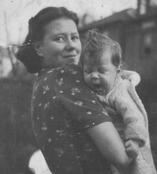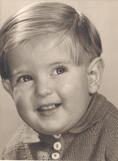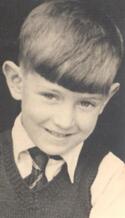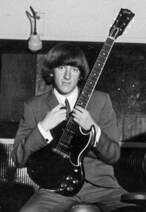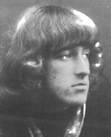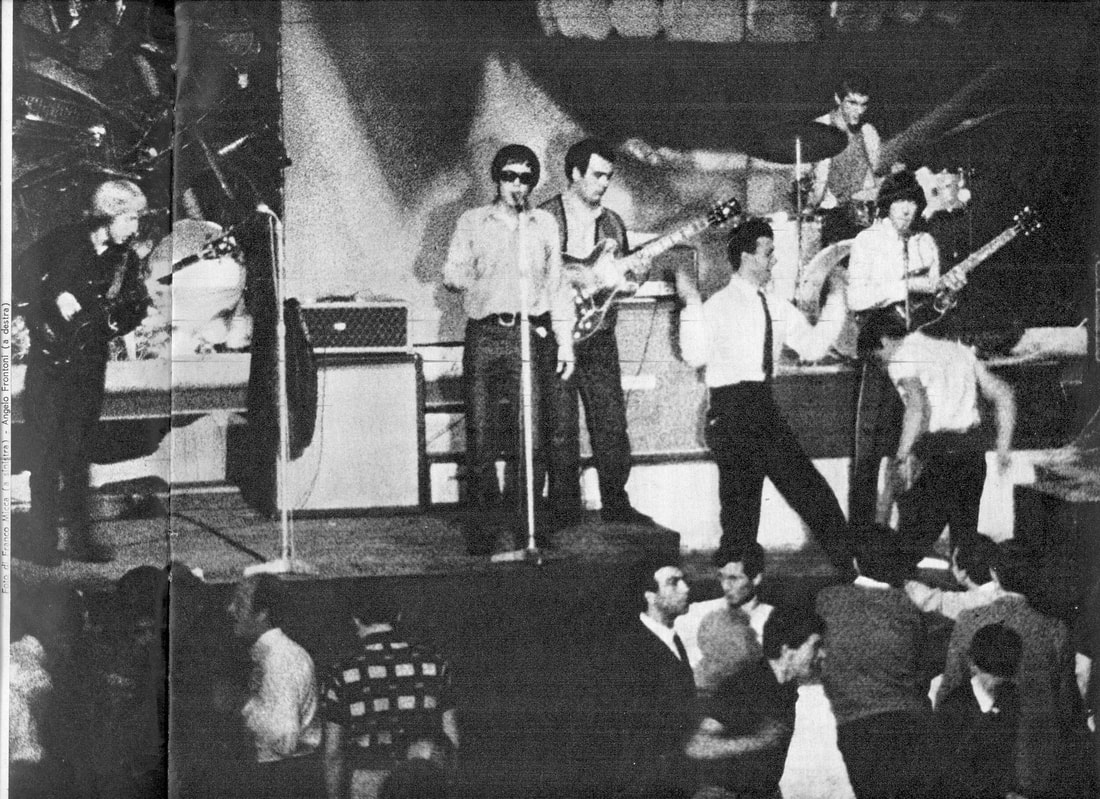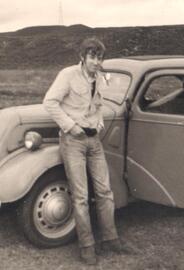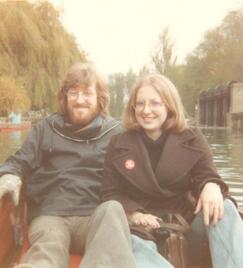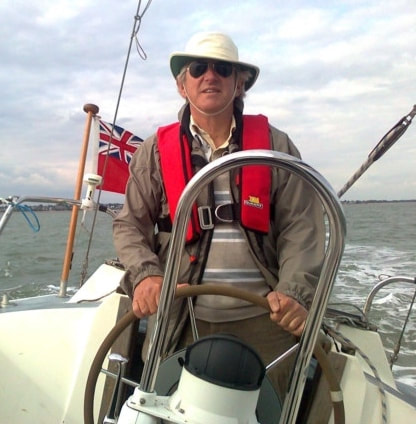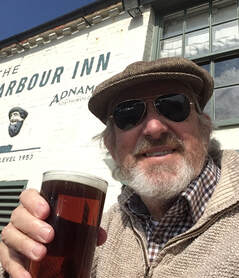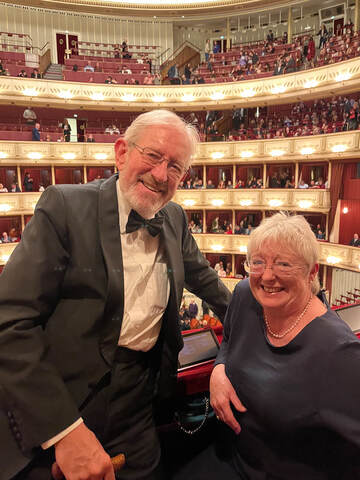|
|
Peter Maggs
I grew up in Ealing, ‘Queen of the Suburbs’, in west London. We lived in a large house in a street of large houses, but any appearance of wealth was an illusion. The house was verging on derelict, and was occupied by three or four families. We had a flat on the top floor, and were required to descend two stories to use the lavatory or bathroom. |
|
|
|
I attended a series of dreary Catholic schools, culminating in a scholarship to Gunnersbury Catholic Grammar School. Academic laziness and indifference to sport, resulted in my schooldays ending at age sixteen with one ‘O’ level.
However, I did start playing guitar in a band with some of my schoolmates; the band became The Downliners Sect (after I had left), but I joined another band and spent the years 1961-1966 playing at clubs, dance halls, and US Airforce bases mainly around the Home Counties. My day job, after a spell working in shops and a warehouse, was in a laboratory at Duckham's Oil, an insalubrious establishment on the River Thames at Hammersmith. My manager there had a fairly benevolent attitude to teenagers, and raised no objection when I allowed my hair to grow—in keeping with the current fashion—which serendipitously assisted in the disguise of my signature feature of which I was quite self conscious... |
|
|
In 1965 the new band, The Eccentrics, made a record, a cover of a Gerry Goffin and Carole King song called What you Got—which ‘got’ nowhere in the charts, although the flip side, 'Fe, Fi, Fo, Fum', was played a few times on the pirate radio stations, Caroline and London... In June we landed a contract to play at the prestigious Piper Club in Rome for a month. |
|
One month in Rome turned into eight months in Italy. Five teenagers from west London who had never been abroad before, were used to the mostly dreary British weather, had been brought up on post-war austerity, and were working in dead-end jobs, found themselves in the Eternal City in summer. And we had money in our pockets. We thought we had died and gone to heaven, which in a way we had. Naturally, we wanted to stay...
We managed to get a second month at the Piper, but then things got hard, mainly due to the difficulty of getting gigs. We moved north to the city of Modena, just about earning enough to pay for three meals a day, and staying at a decidedly dodgy hotel where some rooms were rented by the hour... It couldn’t last, and we returned home in January 1966, having had to run the gauntlet of the Brenner Pass in winter without snow chains. Back in England, the band soon broke up. |
|
Notwithstanding my very shaky CV—and after a substantial haircut—I was fortunate to get a most interesting and responsible job at Glaxo Laboratories in Greenford as a laboratory assistant; the firm allowed me to spend one day a week at college studying for ‘A’ levels. I also learned to drive and bought my first car, an old Ford Popular—three gears, side-valve engine, rod brakes... Good 'A' level grades in physics and maths were eventually achieved, although my lack of 'O' levels—I had the grand total of three by now—caused me to 'fail' the matriculation entrance standard in several universities where I had been offered a place. However, by ringing around in the late summer of 1968 I was accepted to read Physics at Southampton University. I was twenty-three years old, and my classmates called me 'Grandad'. After graduation, and not having a job to go to, I went on to do a PhD in laser and semiconductor physics at Essex University. |
|
I met Jacky. She was doing teachers' training at Homerton College, Cambridge, and I used to hitchhike along the A604 from Colchester to see her. There were always parties, concerts, exhibitions and other activities in Cambridge. We decided to get married, and set up house in Clacton-on-Sea.
In 1976 we moved to Edinburgh where we stayed for four years. I worked first as a research fellow at Heriot Watt university, then briefly at Edinburgh Instruments followed by Ferranti; both jobs involved aspects of laser engineering. Various factors—including a new baby—instilled in both of us a wish to move back south, and in 1980 I was offered a sales and marketing job in the Gas Tubes Division of English Electric Valve Company (a unit of the General Electric Company of Great Britain); we relocated to Chelmsford in Essex. |
In 2000, my new boss and I agreed to disagree (he disagreed with my view of him that he was an idiot), and I was ‘demoted’ (actually, it turned out to be a promotion). I became a project manager, overseeing the design, manufacture, packaging, and testing of CCD imaging chips for use in space. This was the most satisfying and rewarding period of my time working for the company. I managed the development and manufacture of the imaging chips for the HiRISE camera on the Mars Reconnaissance Orbiter, still in orbit around the Red Planet, and the panchromatic CCDs on board the two Pleiades earth-observation satellites. All three platforms are still operating (January 2023), sending back spectacular high-resolution colour, 3-D images.
|
An interest in genealogy involved spending a considerable part of my leisure time investigating my family history, and in 2006 I came across the record of the Old Bailey trial of Henry John Hatch, a clergyman who shared a surname with my three times great-grandmother, and whose uncle, Henry Hatch, had baptised one of her illegitimate children. My uncovering of his history led eventually to my first book, Henry’s Trials.
Following the successful fulfilment of the Pleiades contract in 2008, I took early retirement to concentrate full-time on research and writing, and started Mirli Books. In ‘normal’ times, I do several talks in a year extracted from my books and articles. My main leisure occupation during the summer months is sailing on and around the river Blackwater in Essex. |
|
